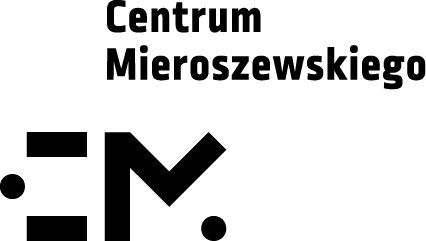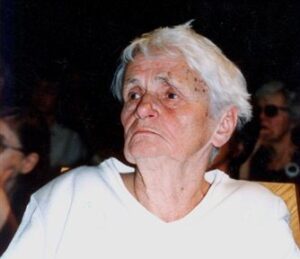What can a victim of Soviet terror say? A person who spent 10 years of her life in forced-labour camp? She can say a lot of things, but not many people will expect such words: “People are small and weak. What can they do about it? It is the way it is. People should be forgiven.”
Barbara Skarga was born on 25 October 1919 in Warsaw, Poland which had been independent for less than a year. She was the sister of the famous wartime and post-war actress Hanna Skarżanka. In 1937, she took up studies at the Warsaw Polytechnic, but after some time she transferred to the Stefan Batory University in Vilnius. However, she was unable to complete her studies because the Second World War had broken out. During it, she attended clandestine lectures while teaching Latin and philosophy herself. She became involved in the Home Army, serving as a liaison officer. She was soon promoted to liaison officer in the Vilnius District of the Home Army.
On 8 September 1944, the NKVD arrested Barbara Skarga. The Soviet court sentenced her to 10 years of labour camps and lifelong exile. She was initially detained in Pravannishki near Kaunas; then she was sent to the Ukhta camps, and in 1948 to Balchash. After serving her time in the camps, she was to work at a kolkhoz in the Petropavlovsk area for the rest of her life. She returned to Poland in 1955 and soon completed her interrupted studies. She was quickly recognised as one of the country’s most important thinkers. She described her Gulag fate in her book Po wyzwoleniu (1944-1956) [After Liberation (1944-1956)], published in Paris in 1985. She published it under the pseudonym Wiktoria Kraśniewska. In 1995, Barbara Skarga was awarded the Order of the White Eagle. She died on 18 September 2009 in Olsztyn.




